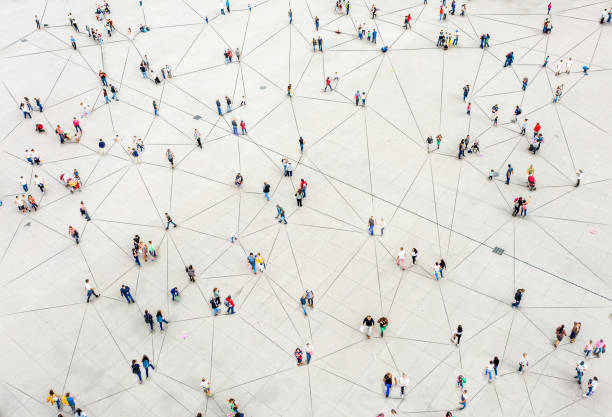In today’s digital age, social media has become a central part of how we interact, communicate, and build relationships. Platforms like Facebook, Instagram, TikTok, and X (formerly Twitter) allow us to connect instantly with friends, family, and even strangers around the world. But while social media offers convenience and opportunities, it also changes the way we form and maintain personal connections—both positively and negatively.
The Positive Side of Social Media Connections
1. Staying Connected Across Distances
For families and friends separated by geography, social media is a lifeline. Whether it’s a quick video call, sharing life updates, or celebrating milestones online, these platforms help reduce the feeling of distance.
2. Building Communities and Support Networks
Social media makes it easier for people to find like-minded communities. From hobby groups to mental health support, individuals can connect with others who share their interests or struggles, creating a sense of belonging.
3. Reconnecting with Old Friends
Platforms often make it simple to rekindle old friendships. People can reconnect with classmates, coworkers, or childhood friends they may have otherwise lost touch with.
The Downsides of Social Media on Personal Relationships
1. Superficial Interactions
While social media increases communication, many of these interactions are surface-level. A “like” or emoji reaction can replace deeper conversations, leading to weaker emotional bonds over time.
2. Comparison and Envy
Constant exposure to curated highlights of others’ lives can lead to unhealthy comparisons. This sometimes creates feelings of inadequacy, resentment, or jealousy in personal relationships.
3. Miscommunication and Conflict
Text-based interactions often lack tone and context, leading to misunderstandings. A misplaced comment or delayed response can create tension in friendships and even romantic relationships.
4. Overdependence on Online Validation
Relying too heavily on likes and comments for self-worth can affect personal confidence and relationships, creating pressure to present a “perfect life” rather than authentic moments.
Striking a Balance: Healthy Social Media Use
To maintain meaningful connections, it’s important to use social media mindfully. Here are some practical tips:
- Set boundaries: Limit screen time and prioritize face-to-face or voice interactions.
- Be intentional: Engage in genuine conversations instead of just reacting to posts.
- Protect privacy: Share wisely to avoid oversharing sensitive details.
- Practice empathy: Remember that people often post highlights, not the full picture.
Conclusion
Social media has transformed the way we connect with others, offering both powerful opportunities and unique challenges. It can strengthen relationships when used thoughtfully, but overuse or misuse may weaken real-world bonds. By balancing online interaction with genuine, offline connection, we can ensure that technology enhances—not replaces—our personal relationships.


1 Comment
Pingback: How to Win Arguments With Friends Without Ruining Bonds